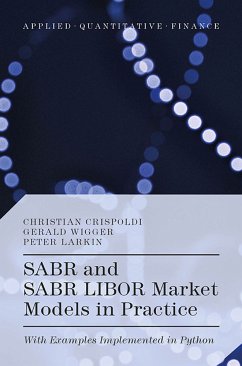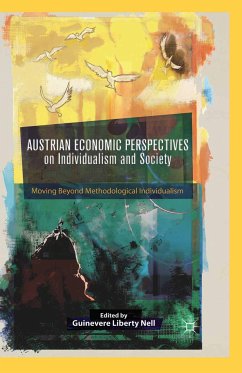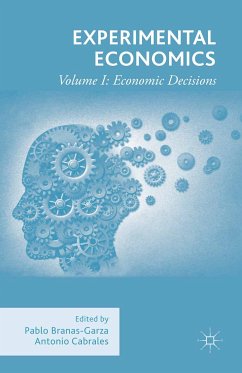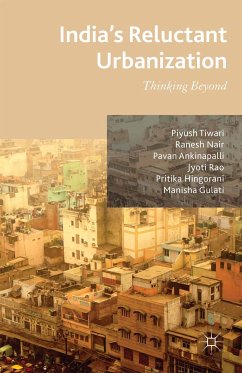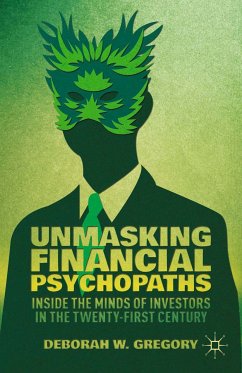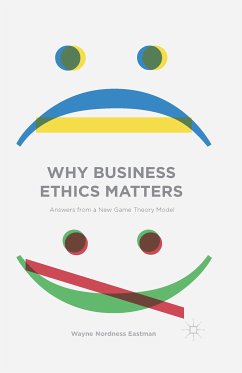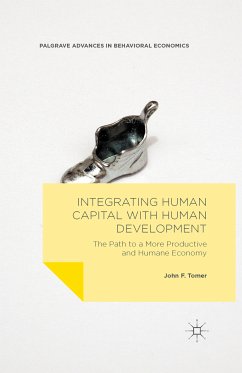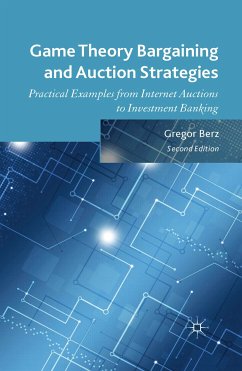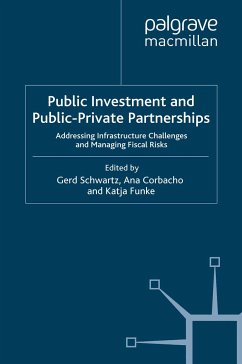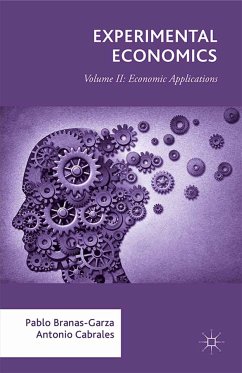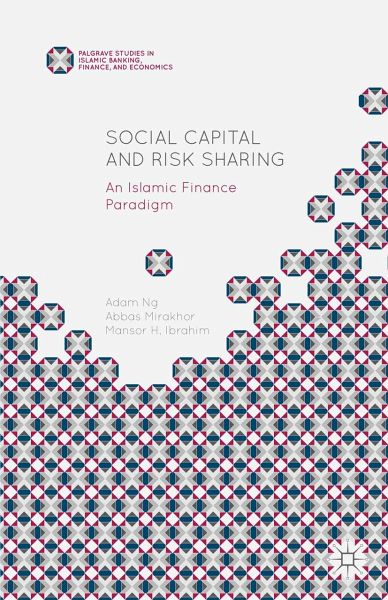
Social Capital and Risk Sharing (eBook, PDF)
An Islamic Finance Paradigm

PAYBACK Punkte
36 °P sammeln!






This exciting new addition to Palgrave Studies in Islamic Banking, Finance, and Economics argues that social capital can facilitate rule-compliance and co-operation in the sharing of risk in financial and economic activities.
Dieser Download kann aus rechtlichen Gründen nur mit Rechnungsadresse in A, B, BG, CY, CZ, D, DK, EW, E, FIN, F, GR, HR, H, IRL, I, LT, L, LR, M, NL, PL, P, R, S, SLO, SK ausgeliefert werden.
Author Adam Ng: Adam Ng is Assistant Professor at INCEIF - The Global University of Islamic Finance, Malaysia, and the SC-OCIS Scholar in Residence in Islamic Finance at the Oxford Centre for Islamic Studies, UK. He was formerly with the Central Bank of Malaysia. He received his PhD from INCEIF and read law at University of Oxford and International Islamic University Malaysia. Author Abbas Mirakhor: Abbas Mirakhor is the First Holder of INCEIF s Chair in Islamic Finance at INCEIF - The Global University of Islamic Finance, Malaysia. He was the Executive Director and Dean of the Executive Board of the International Monetary Fund. He received his PhD from Kansas State University, USA. Author Mansor H. Ibrahim: Mansor H. Ibrahim is Professor of Finance and Econometrics and the Dean of Graduate Studies at INCEIF - The Global University of Islamic Finance, Malaysia. He was Dean of the Kulliyyah of Economics and Management Sciences at the International Islamic University Malaysia and Head of the Department of Economics at Universiti Putra Malaysia. He received his PhD in Economics from Washington University in St. Louis, Missouri, USA.
Produktdetails
- Verlag: Palgrave Macmillan US
- Seitenzahl: 209
- Erscheinungstermin: 30. Dezember 2015
- Englisch
- ISBN-13: 9781137476050
- Artikelnr.: 44169713
"Social Capital and Risk Sharing is a book in which Adam Ng, Abbas Mirakhor and Mansor H. Ibrahim articulate a new business model that brings social capital and risk sharing into renewed focus to create the demonstration effect and to have a global impact. As debates and discussions continue in the battle for the soul of capitalism, their work is a call for action for both Islamic financial institutions and conventional finance to come together and build a fairer, just and sustainable economic society." - Iqbal Khan, Chief Executive Officer, Fajr Capital, United Arab Emirates
"The standard economics curriculum has a gaping hole. The role of ethics in economic interactions is curiously missing, although it always lurks in the
"The standard economics curriculum has a gaping hole. The role of ethics in economic interactions is curiously missing, although it always lurks in the
Mehr anzeigen
background with references to 'trust' and 'good' institutions, as if such social capital somehow evolves independently of human values. This book patches that hole by integrating moral guideposts based on Islamic principles of preferred economic behavior in exploring the sources of social capital. Such guideposts are analytically most meaningful in uncertainty, particularly in financial markets. It is time that we think about alternative risk sharing methods in order to create more stable and accessible financial markets. This book articulates the Islamic view of risk sharing that may curb speculative risk shifting and result in greater financial stability. It also provides a novel discussion of various Islamic financial arrangements to facilitate greater access to markets and induce more equitable economic growth. For both the beginning and the seasoned reader of Islamic finance, this book is a welcome addition and a treasure box of novel ideas to reckon with." - S. Nuri Erbas, Former Economist and Advisor to the International Monetary Fund's Board, United States
Schließen
Für dieses Produkt wurde noch keine Bewertung abgegeben. Wir würden uns sehr freuen, wenn du die erste Bewertung schreibst!
Eine Bewertung schreiben
Eine Bewertung schreiben
Andere Kunden interessierten sich für


